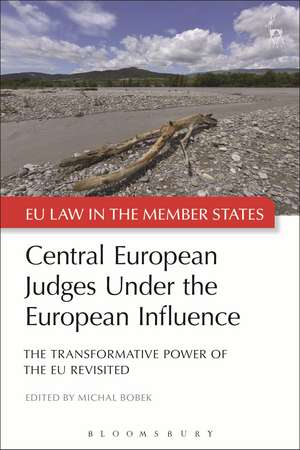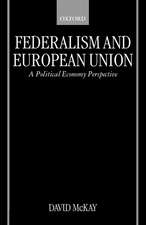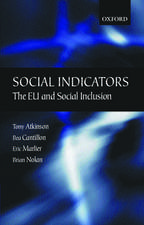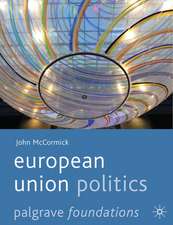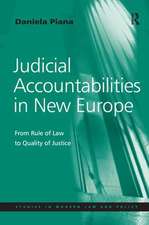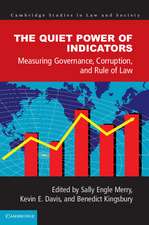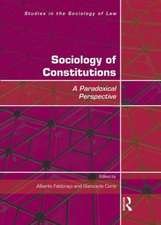Central European Judges Under the European Influence: The Transformative Power of the EU Revisited: EU Law in the Member States
Editat de Michal Bobeken Limba Engleză Hardback – 23 sep 2015
| Toate formatele și edițiile | Preț | Express |
|---|---|---|
| Paperback (1) | 269.70 lei 43-57 zile | |
| Bloomsbury Publishing – 27 dec 2017 | 269.70 lei 43-57 zile | |
| Hardback (1) | 575.33 lei 43-57 zile | |
| Bloomsbury Publishing – 23 sep 2015 | 575.33 lei 43-57 zile |
Preț: 575.33 lei
Preț vechi: 819.78 lei
-30% Nou
110.09€ • 115.25$ • 91.09£
Carte tipărită la comandă
Livrare economică 07-21 aprilie
Specificații
ISBN-10: 1849467749
Pagini: 464
Dimensiuni: 156 x 234 x 33 mm
Greutate: 0.86 kg
Editura: Bloomsbury Publishing
Colecția Hart Publishing
Seria EU Law in the Member States
Locul publicării:London, United Kingdom
Caracteristici
Notă biografică
Michal Bobek is Professor of European Law, College of Europe, Bruges, and research fellow, Institute of European and Comparative Law, University of Oxford Faculty of Law.
Cuprins
Recenzii
Descriere
The onset of the 2004 EU enlargement witnessed a number of predictions being made about the approaches, capacity and ability of Central European judges who were soon to join the Union. Optimistic voices, foreshadowing the deep transformative power that Europe was bound to exercise with respect to the judicial mentality and practice in the new Member States, were intertwined with gloomy pictures of post-Communist limited formalism and mechanical jurisprudence that could not be reformed, which were likely to undermine the very foundations of mutual trust and recognition the judicial system of the Union is built upon. Ten years later, this volume revisits these predictions and critically assesses the evolution of Central European judicial mentality, institutions and constitutionality under the influence of the EU membership. Comparatively evaluating the situation in a number of Central European Member States in their socio-legal contexts, notably Poland, the Czech Republic, Slovakia, Hungary, Slovenia, Bulgaria and Romania, the volume offers unique insights into the process of (non) Europeanisation of national legal systems and cultures.
